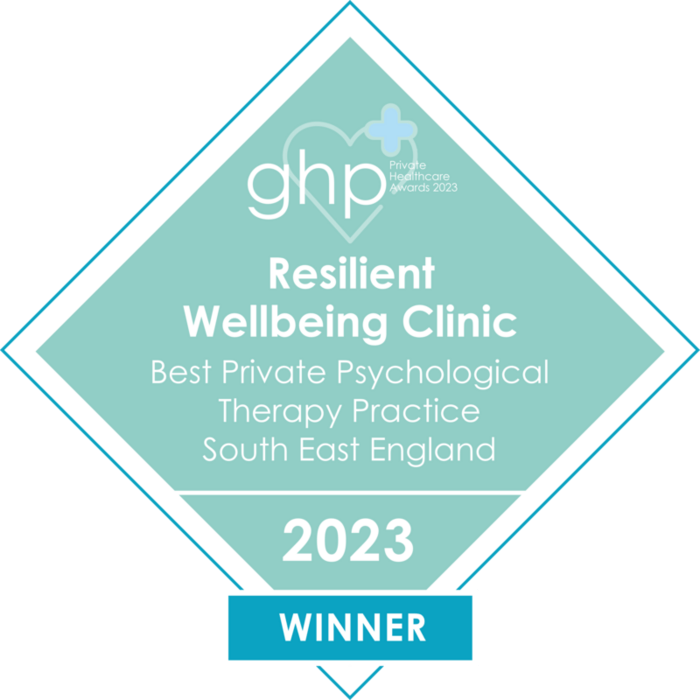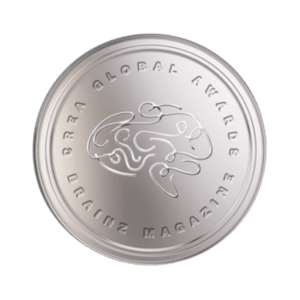Anxiety and Anxiety related disorders
Anxiety is a common experience that occurs when we feel fearful, worried, or tense. While anxiety often carries a negative connotation due to its impact on our relationships, work, and overall health, it's crucial to recognise that not all anxiety is harmful. In fact, anxiety serves an essential function, enabling us to respond effectively to certain situations. However, it becomes problematic when it begins to dominate our lives, leading to persistent worry and significantly affecting our ability to function day to day.
The Nature of Anxiety and Its Effects
Anxiety is often likened to fear, as both emotions heighten our awareness and prepare us for action. However, a key distinction is that anxiety frequently occurs without the presence of an immediate threat, making it a more pervasive and insidious condition. This is why anxiety can feel overwhelming, as it often lingers even when there is no clear danger.
The Fight or Flight Response: Our Body’s Alarm System
When we perceive danger—whether real or imagined—our bodies activate a set of physiological changes known as the "fight or flight" response. This is an ancient survival mechanism that prepares us to either confront or escape from a threat. The response is automatic and involves multiple systems within our body: physical, cognitive, and behavioural.
Physical Response: When a threat is perceived, the brain signals the autonomic nervous system, particularly the sympathetic branch, to take action. This triggers the release of stress hormones such as adrenaline and cortisol, leading to increased heart rate, enhanced blood flow to muscles, and faster breathing. These changes equip us for quick action but can leave us feeling fatigued once the threat has passed.
Cognitive Response: The physical symptoms of anxiety are very real, and our minds often interpret these sensations as evidence of danger. This can create a feedback loop where the anxiety escalates, potentially leading to panic. The brain's tendency to over-interpret these signals can make the situation worse, reinforcing the anxiety.
Behavioural Response: The instinctual behaviours associated with the fight or flight response include an urge to escape or, conversely, to confront the perceived threat. Unfortunately, these responses can sometimes perpetuate the anxiety, making it more challenging to break the cycle.
Returning to Calm: The Role of the Parasympathetic Nervous System
Once the perceived threat has subsided, the body engages the parasympathetic nervous system to restore a state of calm. This system works to slow the heart rate, reduce breathing intensity, relax the muscles, and lower overall body temperature. However, it’s important to understand that the transition from a state of heightened alertness to relaxation is not instantaneous. The aftereffects of anxiety can linger, and it may take some time for the body to fully recover.
Recognising the Symptoms of Anxiety and Related Disorders
Anxiety can present itself in various forms, affecting both the mind and body. Common symptoms include prolonged worry, physical tension, headaches, digestive issues, and sleep disturbances. Emotionally, anxiety can manifest as irritability, a pervasive sense of dread, or social withdrawal.
What Triggers Anxiety?
Anxiety triggers are unique to each individual and shaped by a combination of genetic, psychological, and environmental factors. While some individuals may have a biological predisposition to anxiety, others develop it through learned behaviours and experiences, particularly from childhood. Life circumstances, stressors, and lifestyle choices also significantly influence the likelihood of experiencing anxiety.
It's also worth noting that our modern lifestyle, with its constant demands and overstimulation, can exacerbate anxiety. The pressure to succeed, maintain relationships, and keep up with societal expectations often leaves little room for relaxation, contributing to the persistence of anxiety symptoms.
Effective Treatment for Anxiety
Psychotherapy is widely recognised as an effective treatment for anxiety, with Cognitive Behavioural Therapy (CBT) being one of the most commonly used approaches. CBT focuses on changing the thought patterns that contribute to anxiety, helping individuals identify and challenge the negative beliefs that fuel their symptoms.
Effective management of anxiety involves a variety of therapeutic approaches tailored to address the specific needs and symptoms of individuals:
Cognitive Behavioural Therapy (CBT): Focuses on identifying and changing negative thought patterns and behaviours that contribute to anxiety.
Psychodynamic Therapy: Explores underlying unconscious processes and past experiences that influence current anxiety symptoms.
Person-Centred Therapy: Emphasizes a supportive and non-judgmental therapeutic environment to help individuals understand and resolve their feelings.
Dialectical Behaviour Therapy (DBT): Provides tools for emotion regulation and stress tolerance, especially beneficial for managing intense emotional responses.
Mindfulness-based Therapy: This approach involves practices like mindfulness meditation, helping individuals become more aware of their thoughts and feelings without judgment, thereby reducing stress and anxiety.
Each of these approaches offers unique benefits in managing anxiety, and their effectiveness can be enhanced when tailored to the individual's specific needs and context.
Working with a therapist, you can learn to recognise the triggers that lead to anxiety, understand how your thoughts influence your feelings and behaviours, and develop practical strategies to break the cycle of anxiety. Additionally, taking care of your physical and mental wellbeing through mindfulness practices, breathing exercises, and regular self-care routines can significantly reduce anxiety levels.
Understanding Anxiety Disorders
There are several types of anxiety disorders, each with its own set of characteristics:
Generalised Anxiety Disorder (GAD): Persistent and excessive worry about various aspects of daily life.
Panic Disorder: Recurrent panic attacks that often occur without a clear trigger.
Social Anxiety Disorder: Intense anxiety triggered by social situations.
Post-Traumatic Stress Disorder (PTSD): Anxiety symptoms following a traumatic event.
Phobias: Extreme, often irrational, anxiety triggered by specific objects or situations.
Health-Related Anxiety: Obsessive worry about illness and health-related issues.
Obsessive-Compulsive Disorder (OCD): Repetitive thoughts and behaviours driven by anxiety.
Anxiety can be a silent companion, subtly influencing decisions and behaviours without overtly declaring itself. This is why self-awareness and regular self-check-ins are crucial. By acknowledging the signs of anxiety early on, we can take proactive steps to address it before it spirals out of control.
Moreover, it's important to cultivate a lifestyle that supports mental wellbeing. This includes not just engaging in therapy but also making time for activities that bring joy and relaxation. Whether it's spending time in nature, practising meditation, or simply taking a few moments each day to breathe deeply, these practices can help create a buffer against the relentless demands of modern life.
In conclusion, while anxiety is an inevitable part of life, understanding its triggers and learning how to manage it effectively can lead to a more balanced and fulfilling existence. By combining professional support with self-care practices, it's possible to regain control and reduce the impact of anxiety on your daily life.
To know more about anxiety and its treatment or to book an appointment please contact me.








